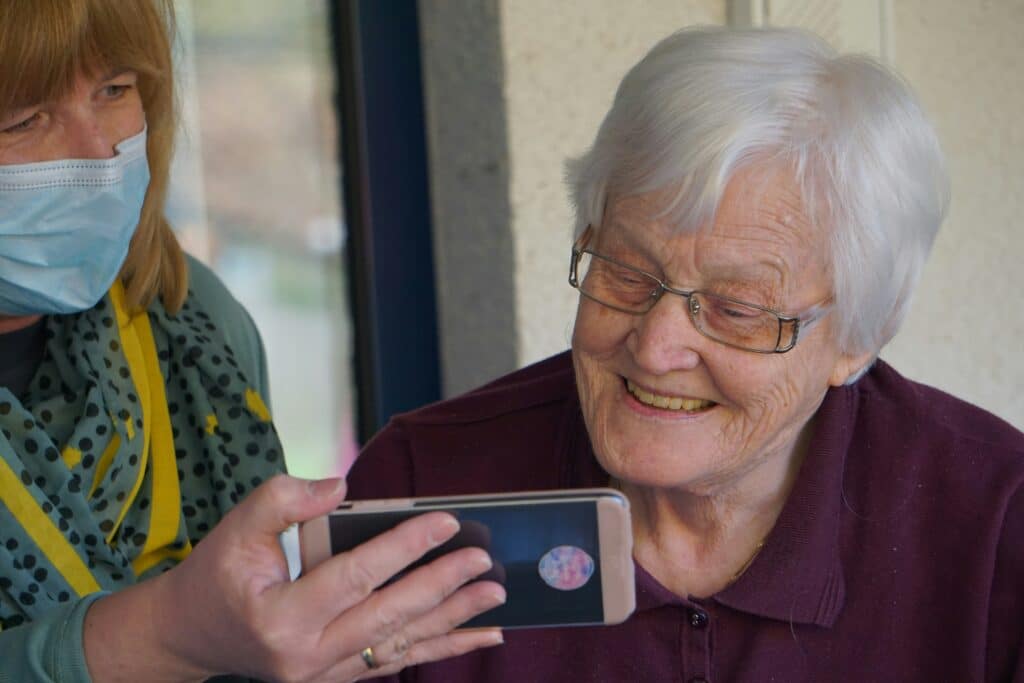
As we age, the questions and options we face grow more complex and confusing. Managing medical issues, finances, where we will live and how to maintain quality of life requires thoughtful planning. Too often, seniors or their families turn to an elder law firm at a time of crisis, when incapacity, illness, housing or mobility concerns require immediate action.
Life care planning is a relationship between a life care planning attorney, your family, and you that will offer the support, guidance, and direction that you need. A Life Care Planning Law firm takes a proactive approach to the health, safety, well-being, and quality of life of seniors and their families. This is done so you won’t have to rely only on your children to plan for you throughout your golden years. The goal of life care planning is to assist seniors and their families throughout all phases of the long-term care continuum, whether the client is at home or in a facility.
Life care planning is instrumental when seniors are still living at home. As our loved ones age, almost all of us will reach a point where we must decide whether it is safe for them to continue living at home, alone. Signs that mom or dad may need assistance may arise quickly or may manifest themselves gradually over time. When an elderly relative begins to exhibit signs that their loved one needs help with activities of daily living, many families want to avoid institutionalized care and allow the older person to remain at home where the senior is familiar and comfortable. If this is the case, then families basically have two choices: hire a home-care aide or handle the caregiving themselves.
A recent article in the Wall Street Journal discusses the types of in home care available and suggests factors to consider when thinking of hiring or becoming a caregiver. If a family member chooses outside help, then the family member must determine what level of care is needed and whether the family wants to go through an agency or hire a caregiver privately.
If a family chooses to provide the in-home care themselves, then the family can face extreme burn-out if the family doesn’t budget the respite care for the family caregivers. A trained law firm can provide assistance in making these decisions through life care planning.
There are two main types of in-home care. Personal or home care aides provide companionship and support to an individual and assist with activities of daily living such as bathing, dressing, preparing meals, and cleaning. Home health aides do all of these things plus administer medication and monitor changes in a senior’s condition. If you are thinking of hiring or becoming a caregiver, then this Wall Street Journal article recommends that you answer the following questions.
- What kind of care do you need and can you afford?
If you are unsure about the level of care needed, a geriatric care manager or life care planner can do a site visit and help you assess the situation. Families typically pay for home-care services out-of-pocket, unless the older person meets Medicare’s coverage criteria or has a private long-term care insurance policy that covers these costs. Rates vary widely. Agencies’ rates are often at the top of this scale while independent caregivers tend to be less expensive.
- Can you manage the process with other family members?
If elder adult children live close by, they may decide to divide up the in home care duties. However, tensions can and often do develop over time when one child feels that he or she is contributing more than others. If family members don’t get along, the added expense of going through an agency may be well worth it.
- Do you have a plan to take care of yourself?
If you’re caring for a loved one, it is important to plan time away to tend to your own needs and well-being. Churches and volunteer groups may offer short-term relief. Respite care and adult day care centers are also other options.
Attorneys and life care planners can assist you with choosing the care options that would be best for your loved one and you.





